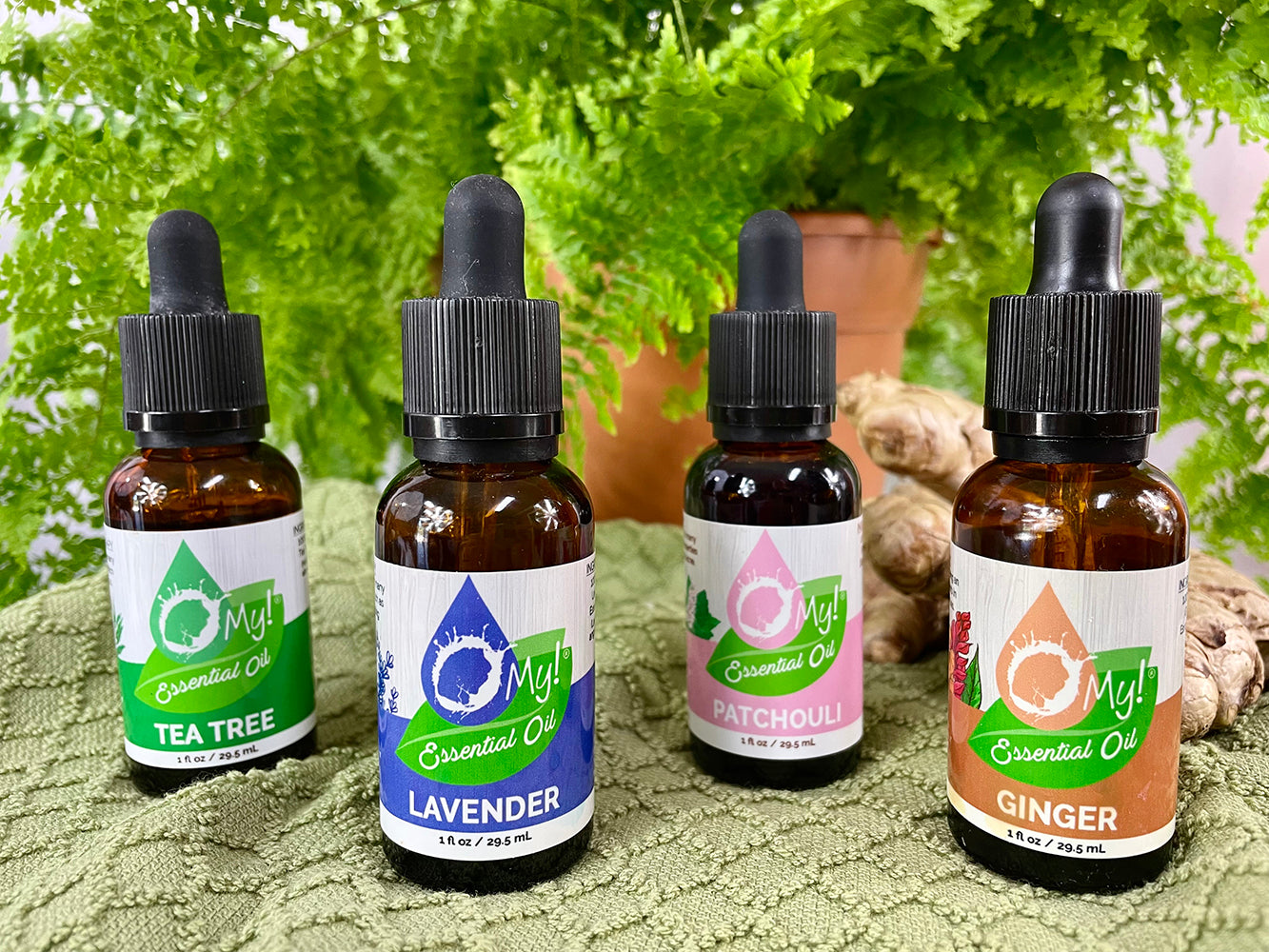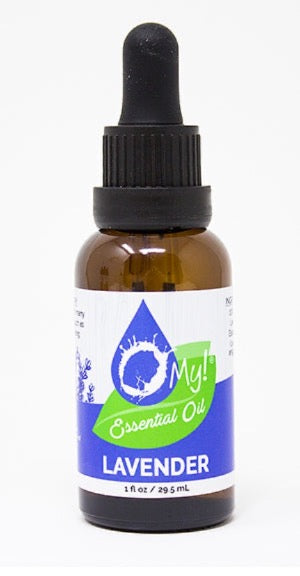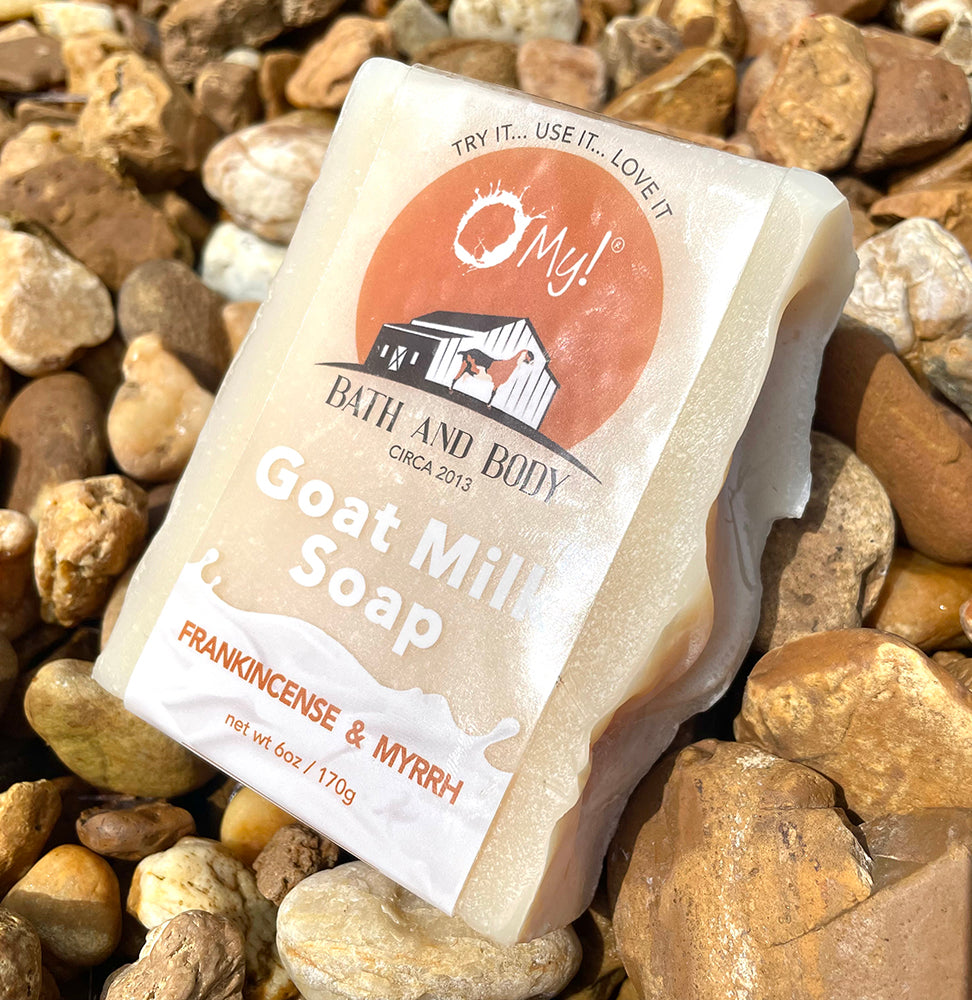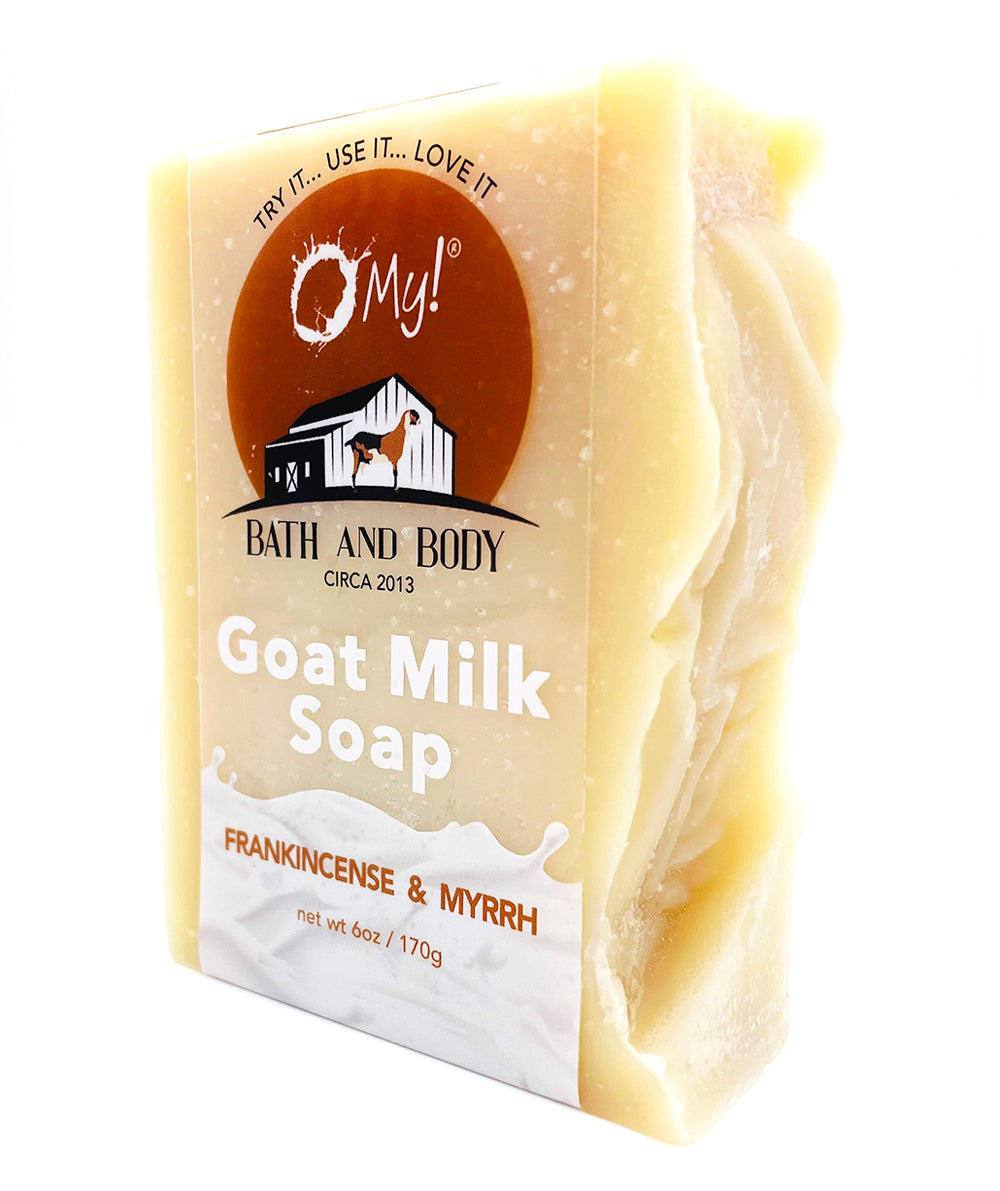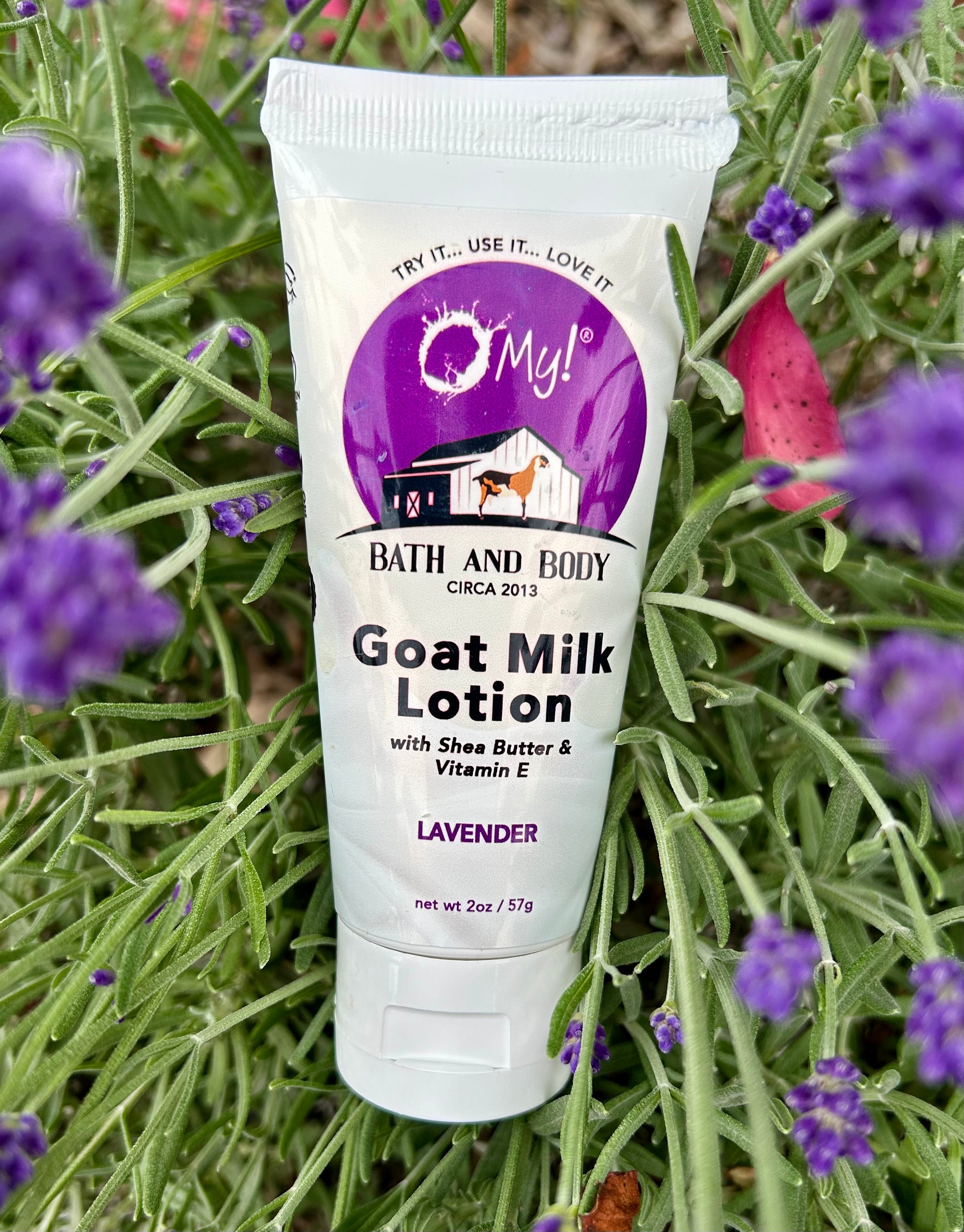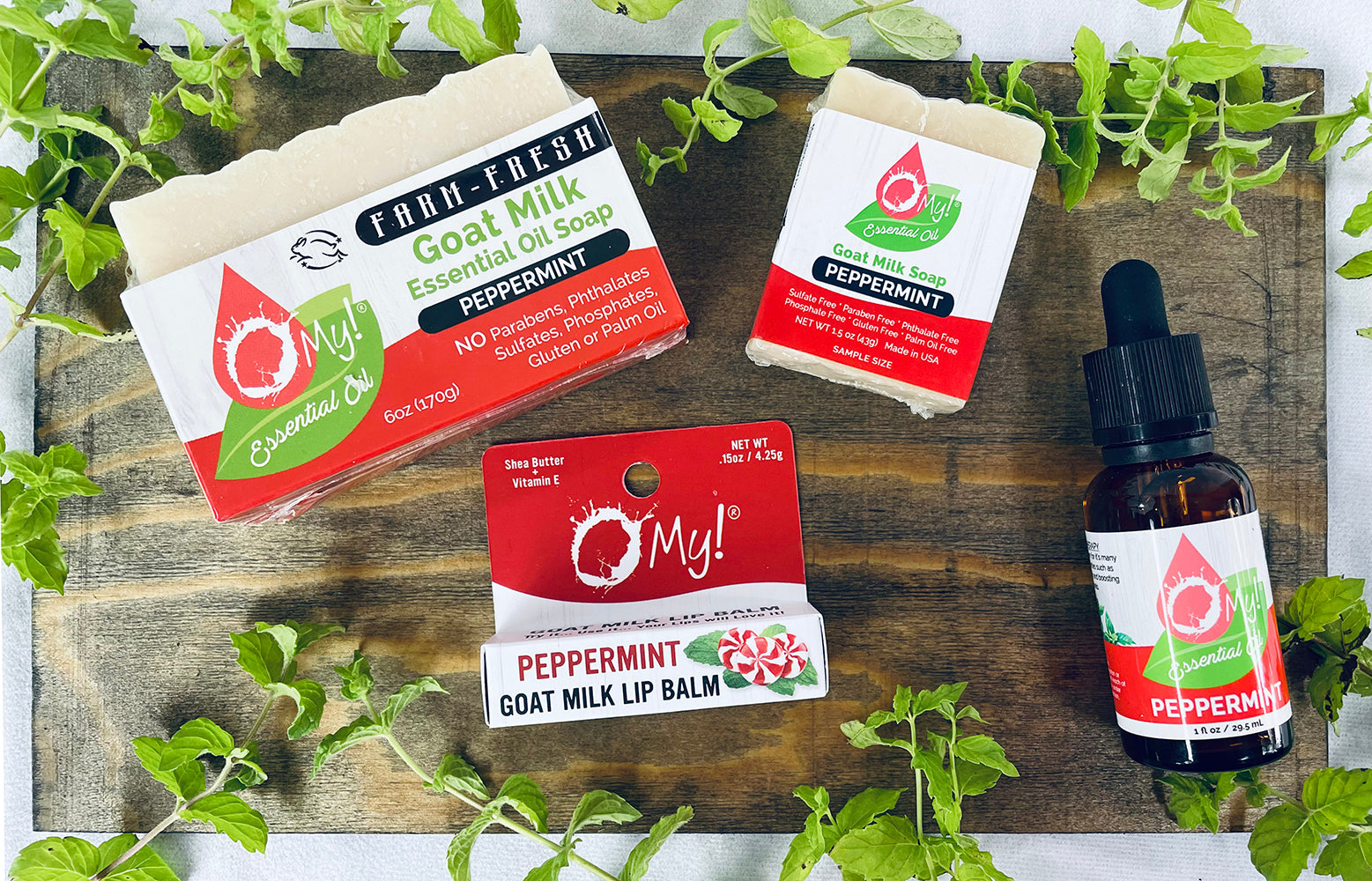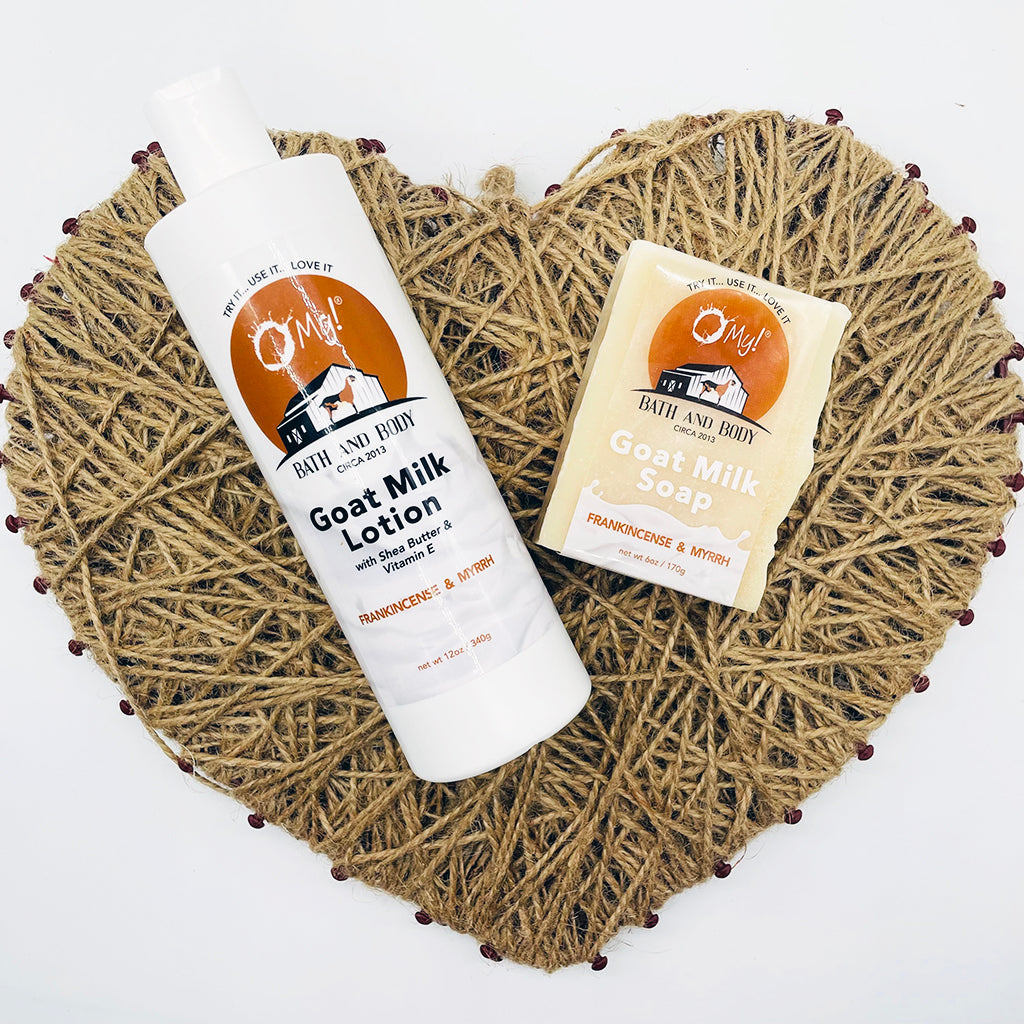Just Say No to Palm Oil
Just Say "NO" to Palm Oil when making buying decisions.
Why Skincare Is Better Without Cheap, Overused Palm Oil
Palm oil is one of the most widely used ingredients in skincare and cosmetic products due to its low cost, versatility, and long shelf life. It acts as an emulsifier, moisturizer, and thickening agent. However, despite its functional benefits, the widespread use of palm oil—particularly cheap, non-sustainably sourced varieties—raises significant ethical, environmental, and health concerns.
1. Environmental Devastation: The mass production of palm oil is a leading cause of deforestation in tropical regions, especially in Southeast Asia. Vast areas of rainforest are cleared to make way for palm plantations, leading to habitat loss for endangered species like orangutans and tigers, increased greenhouse gas emissions, and disruption of delicate ecosystems.
2. Unsustainable Agricultural Practices: Cheap palm oil is often produced using unsustainable methods that degrade soil quality, pollute water sources, and contribute to long-term environmental harm. These practices undermine the sustainability of the skincare industry and global agriculture.
3. Ethical and Labor Concerns: Palm oil production in some regions has been linked to unethical labor practices, including exploitative working conditions, child labor, and lack of fair wages. By avoiding palm oil, especially from unverified sources, consumers support more ethical supply chains.
4. Poor Quality and Skin Sensitivities: Cheap palm oil may be heavily processed and refined, stripping it of natural nutrients and leaving behind impurities that can irritate sensitive skin. While pure, sustainably sourced palm oil can be beneficial, the mass-market, low-grade versions used in many products offer minimal skin benefits.
5. Better Alternatives Available: Many plant-based oils—such as sunflower, jojoba, almond, and coconut oil—offer superior nourishment, better skin compatibility, and are more sustainable when sourced responsibly. These alternatives provide rich hydration, essential fatty acids, and antioxidants without the negative environmental and ethical baggage.
Conclusion: While palm oil is a common and inexpensive ingredient in skincare, its hidden costs to the planet, people, and product quality make it far less desirable. Choosing skincare products free from cheap, overused palm oil supports a healthier complexion and a more ethical, sustainable world.












